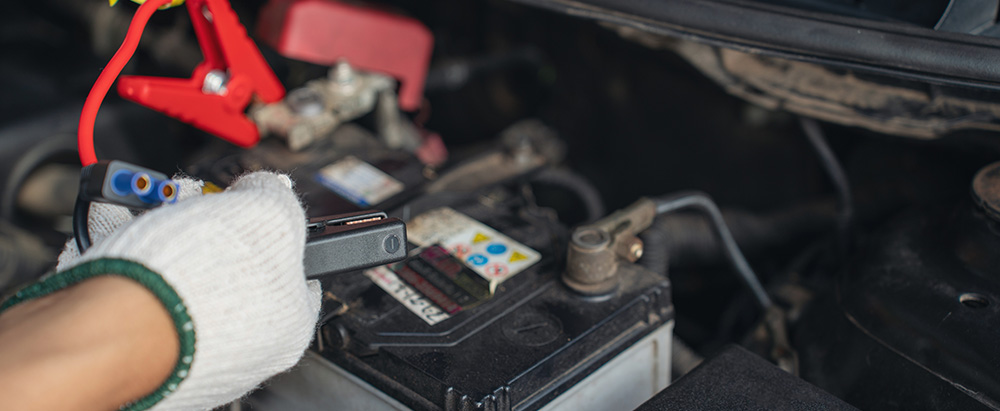Certain 2025 BMW models may have a battery connection problem that affects the electrical connection between the starter-generator and battery. This connection may come loose over time, leading to serious consequences.
The affected vehicles include the 2025 BMW 330i, 330i xDrive, 430i, 430i xDrive, 530i, 530i xDrive, and X3. The problem was discovered in December 2024, when a dealer field report from a non-US market mentioned a no-start condition and a burning odor within the engine compartment. An inspection found indications of local smoldering at the connection between the positive battery cable and the starter-generator.
After conducting an engineering investigation and reviewing additional incidents, BMW determined that the issue was related to the power connector component of the starter generator, which may not have been produced according to specifications. A gap could form at the connector location during production, causing a loose connection between the connector and the positive battery cable. This can lead to resistive heating, resulting in a loss of charging function and engine stalling without warning. In extreme cases, overheating could increase the risk of smoldering and even fire. Fortunately, BMW has not received any reports of accidents or injuries related to this issue.

To address the problem, owners of affected vehicles will be asked to return to their dealers for an inspection and replacement of the starter-generator and positive battery cable as necessary. Owner notification letters are expected to be mailed on May 23, 2025. The recall is identified by NHTSA campaign number 25V-202.
This afety recall aims to prevent any potential risks associated with this issue. Owners of affected vehicles should take immediate action to schedule an appointment with their dealer to have the necessary repairs made. By doing so, they can ensure their vehicle remains safe and reliable on the road.
